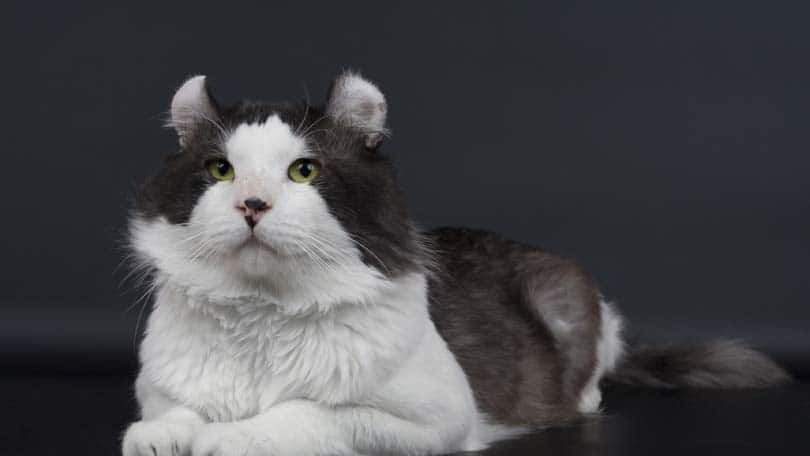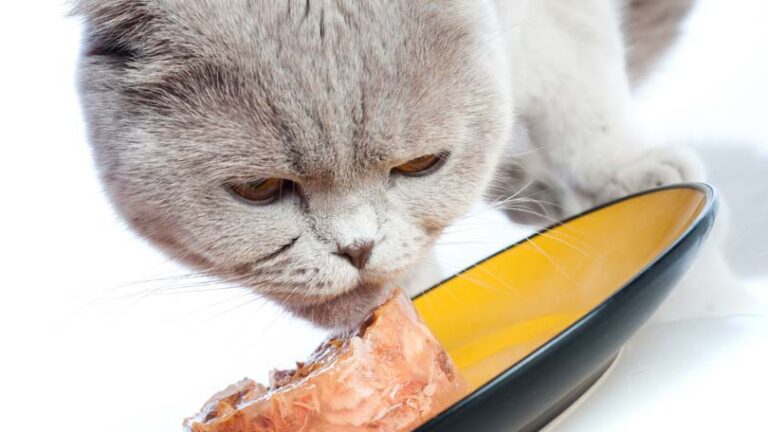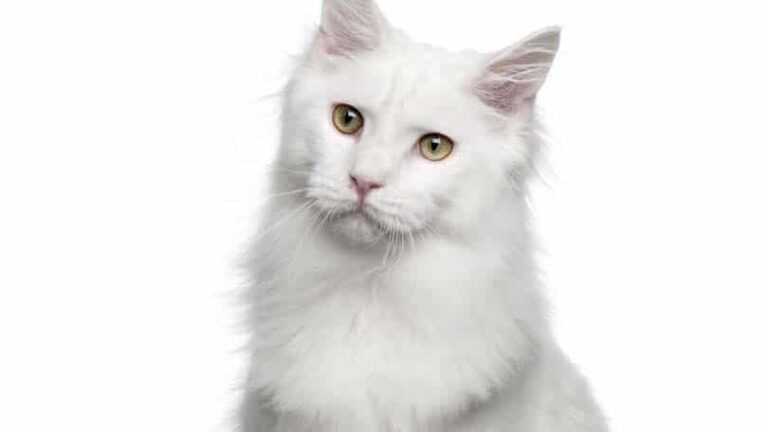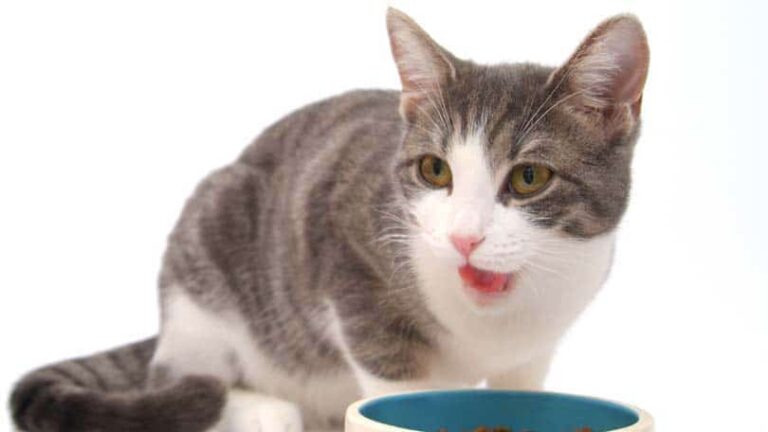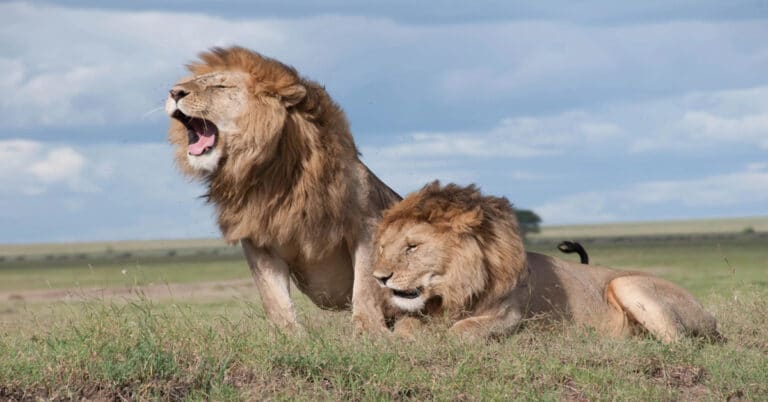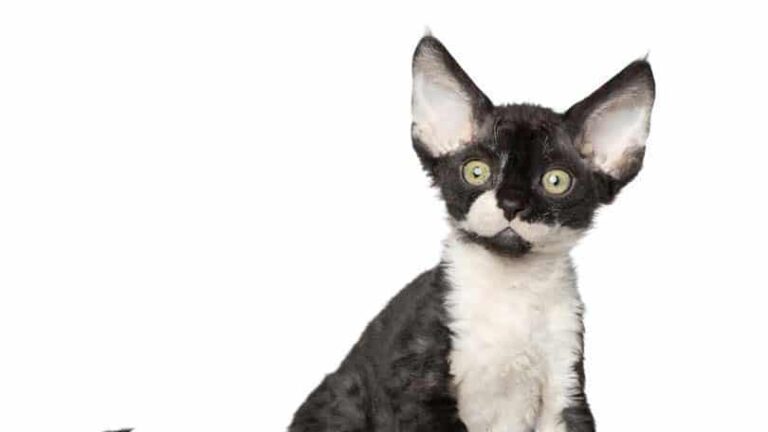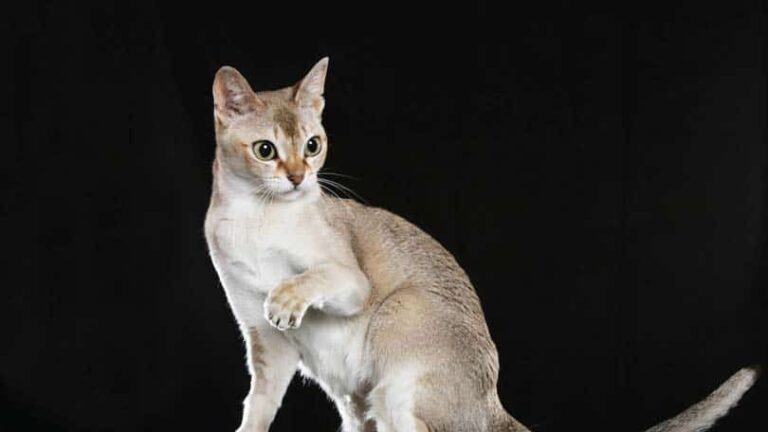Raw Food Diet for Cats
Have you ever wondered what cats were eating for dinner way back before we started preparing dry cat food pellets and canning cat food? Well, as it turns out, cats were eating all sorts of critters we most likely don’t want to think about. Items cats eat in the wild include mice, small mammals, birds, fish, snakes, and insects. We may not want to acknowledge that this is what the natural diet of our pet cats would be, but in fact, that is the case. Even though we might snuggle with our beloved cat each night and feel as though he or she is a part of the family, our cat’s eating choices in the wild are frankly, pretty disgusting.
There is currently a philosophy gaining momentum that advocates cats would be healthier and live longer if we reverted them back to their previous diets. The idea is that if we can take our cats back to a diet that is similar to what it would have been in the wild, our cats will be healthier, happier, and live longer. This movement is called the Raw Food Diet.
Although at first glimpse you may at first think that the raw food diet means simply feeding your cat some raw carrots, herbs or spinach, this is not the case. The raw food diet for cats and dogs is a far cry from our human vegan raw food diet. The raw food diet for cats actually consists of raw muscle meat, raw bones, and added supplements like cod liver oil, fatty acids, and enzymes. Although some raw food diet proponents do add raw vegetables in with the meat and bones, the majority of the food is indeed animal products. Some of the fruits and vegetables that are commonly added to the raw food diet are raw vegetables (including broccoli and potatoes), raw fruits (apples and bananas are common) and grains (barley and brown rice.)
Although thinking about your cat eating these types of meals may be disturbing, raw food enthusiasts believe our pets need the nutrition in raw foods to maintain optimal health. People who believe in the Raw Food Diet for cats believe that many illnesses common to cats, like kidney failure and diabetes, are due to our pet’s current diet of pre-prepared dried cat food. Raw cat food advocates believe that changing your cat’s diet to one of raw foods provides the essential nutrients and enzymes that he or she needs. The general idea is that the diet that the animal had in the wild was more natural, and therefore, more beneficial to the animal’s health.
Believe it or not, the raw food diet for cats and dogs is also sometimes referred to as B.A.R.F. This acronym stands for “Biologically Appropriate Raw Foods.” Most followers who are stricter with their raw food diet don’t even add the grains to the cat’s food, but this part of the diet seems to be up for debate between raw food purists and raw food semi-purists. Advocates for the raw food diet stand firmly against traditional pet food. They conclude that carbohydrates are bad and unnecessary for cat’s diets. Cats do not have the ability to process glucose like people do. Since cats are carnivores, they should not be eating much in the way of carbohydrates. Raw food diets are said to provide pet cats with more vitamins, minerals and amino acids.
The interesting part of the raw food diet for cats, is that pet owners and veterinarians say that providing cats with raw food dramatically improves their health. Cat owners say that as soon as they switch their pets to raw foods, the animal has more energy, the coats become shinier, and they report positive behavior changes as well. Also animals rarely have issues with dirty teeth on the raw foods diet as this change is also said to improve dental health. It is the process of chewing on bones that naturally cleanses the animal’s teeth. Also people who have overweight animals say that the raw food diet immediately and effectively fixes weight problems.
Many believers in the raw food diet for cats prepare their own food for the animals. However, admittedly this process is time consuming (and a bit disturbing) for many people. The preparation process includes preparing raw beef and chicken for the cat and including bones, since the carcasses of the animal are a big part of this diet. However, this process also makes things a bit dangerous as salmonella and e.coli are easily transmitted. Also another concern about B.A.R.F is that the bones can potentially get lodged in the animal’s throat or esophagus and cause rips or tears. It is important to grind the bones, so that they don’t end up hurting the cat.
However, another option for raw pet food is a new product on the market, which is previously prepared raw food to be kept frozen. Instead of chopping and preparing the raw meat yourself, the process is much easier with frozen raw food as you would just defrost it and put it on a plate. Also available are prepared dry mixes that are meant to mirror the nutritional breakdown the cat would get from bones and cartilage. These mixes merely need to be mixed with raw meat and water. Many pet food stores are currently selling frozen raw cat food and dry raw cat food.
The raw food diet is also said to be preventative against illnesses that are common to cats including kidney disease and diabetes. Part of the reason why is that the animal will drink more water to process the raw foods. As a result, the water consumption increase flushes out the cat’s kidneys. Raw food enthusiasts believe that most cats that eat dry food are dehydrated, and years of dehydration leads to fatal problems like kidney disease.
Whether or not to make a leap into feeding a cat raw food can be a tricky decision. Many people find that if their cat is looking and acting healthy, it is too dramatic (and disgusting) of a choice. However, if you are concerned your cat is developing a health problem such as a kidney disease or diabetes, you may find that raw food diet is something to look into. Also almost across the board, pet owners state that the raw food diet has immediately solved the problem of overweight cats. If you are thinking about letting your cat try out the raw food diet, be sure to do your research about transitioning him or her over to this new food, and talk to your veterinarian. If your vet is open-minded, he or she will give you some helpful and honest input on the subject.

Having discovered a fondness for insects while pursuing her degree in Biology, Randi Jones was quite bugged to know that people usually dismissed these little creatures as “creepy-crawlies”.

